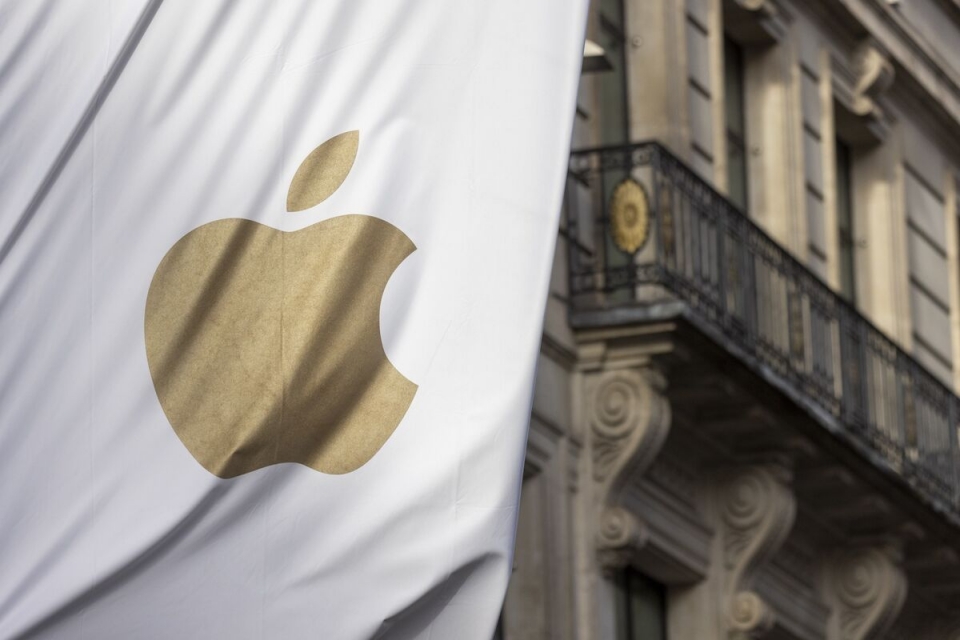
In a bold move to expand its presence in the global satellite internet market, Chinese company Spacesail is gearing up to compete head-to-head with Elon Musk’s Starlink in Brazil. This initiative comes at a time when the demand for high-speed internet access is surging, particularly in remote and underserved regions of the country.
Spacesail, recognized for its innovative satellite technology and commitment to connectivity, aims to deliver robust internet services to Brazil's vast and diverse geography. The company's strategy involves deploying a constellation of low Earth orbit (LEO) satellites that promise to provide reliable internet services to both urban centers and rural communities, effectively tackling the digital divide.
Brazil presents a unique opportunity for Spacesail, as the country has seen a growing need for enhanced internet infrastructure. With its extensive land mass and significant population spread across urban and rural areas, Brazil’s market is ripe for high-quality satellite internet solutions. Spacesail anticipates that its competitive pricing and service offerings may appeal to a broad range of consumers, from individual users to large enterprises.
The Brazilian government has been welcoming to foreign investments aimed at bolstering the country’s tech sector. Spacesail’s entry into the market aligns with Brazil’s goal of improving its digital infrastructure, making it an opportune time for the company to establish a solid footing.
As Starlink has already carved out a considerable share of the market with its early deployment, Spacesail faces the challenge of not just competing on price but also on service reliability and performance. To differentiate itself, Spacesail plans to leverage advanced technology in its satellites aimed at optimizing connection speeds and minimizing latency, crucial factors for users who rely on internet connectivity for business and personal use.
Industry experts predict that the battle for supremacy in Brazil’s satellite internet landscape could lead to better services and lower prices for consumers, as companies are forced to innovate to maintain their competitive advantage. This competition may also open up opportunities for partnerships with local firms, further enhancing the service and outreach of both Spacesail and Starlink.
As Spacesail prepares for its launch, all eyes will be on how effectively it can penetrate the Brazilian market and challenge the established leader. The stakes are high, and the outcome of this competition could very well reshape the future of internet connectivity in Brazil.
Overall, the race to provide satellite-based internet services in Brazil is heating up, and both Spacesail and Starlink have their eyes set on dominating this crucial market segment.
#Spacesail #Starlink #SatelliteInternet #Brazil #TechNews #ElonMusk #ChinaInnovation #DigitalDivide #Connectivity #InternetForAll
Author: Liam Carter




